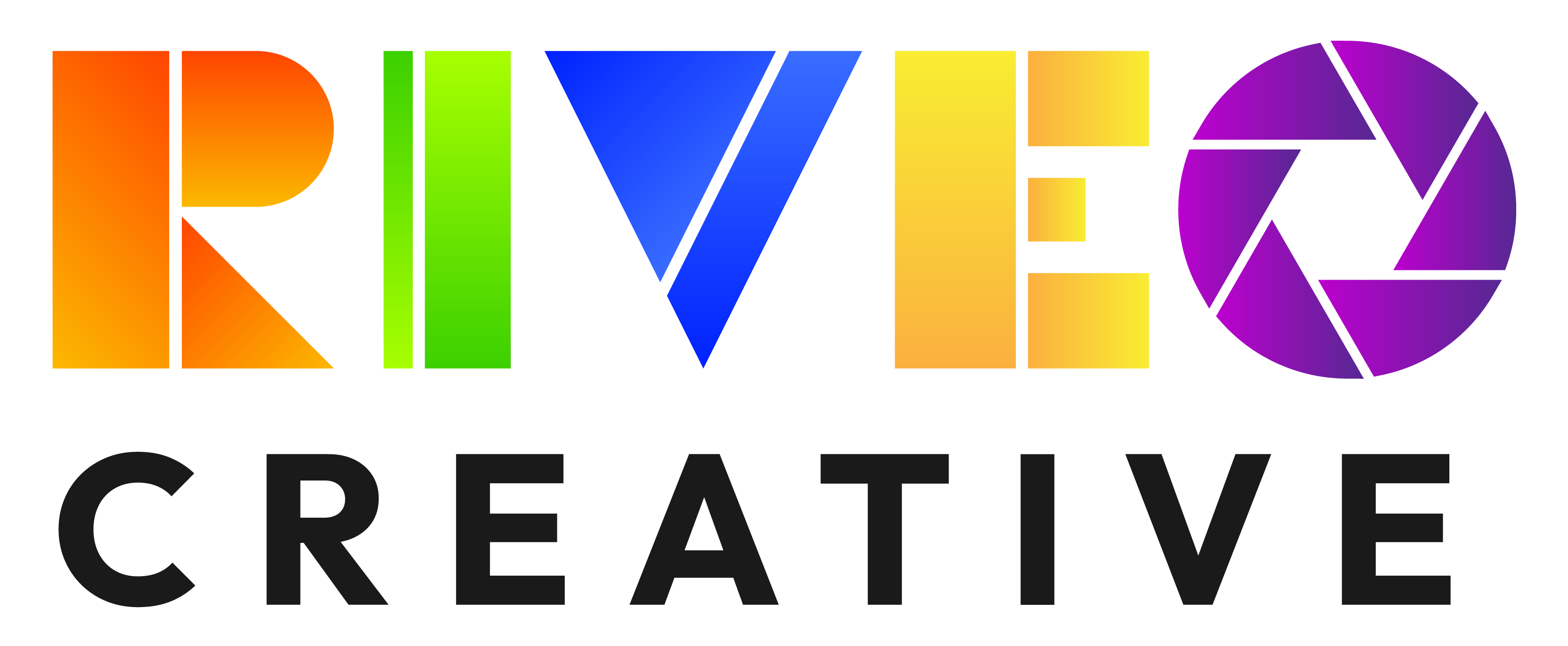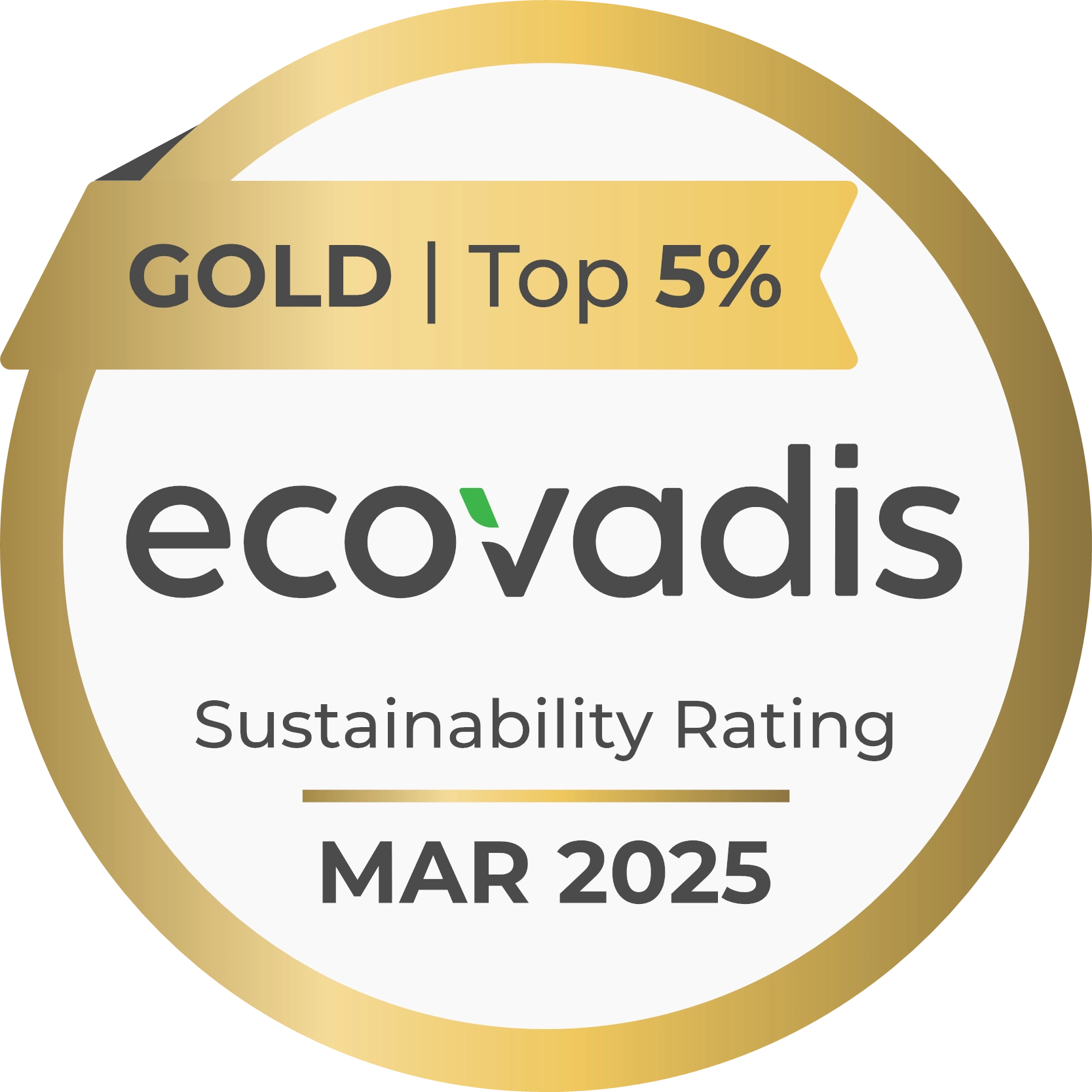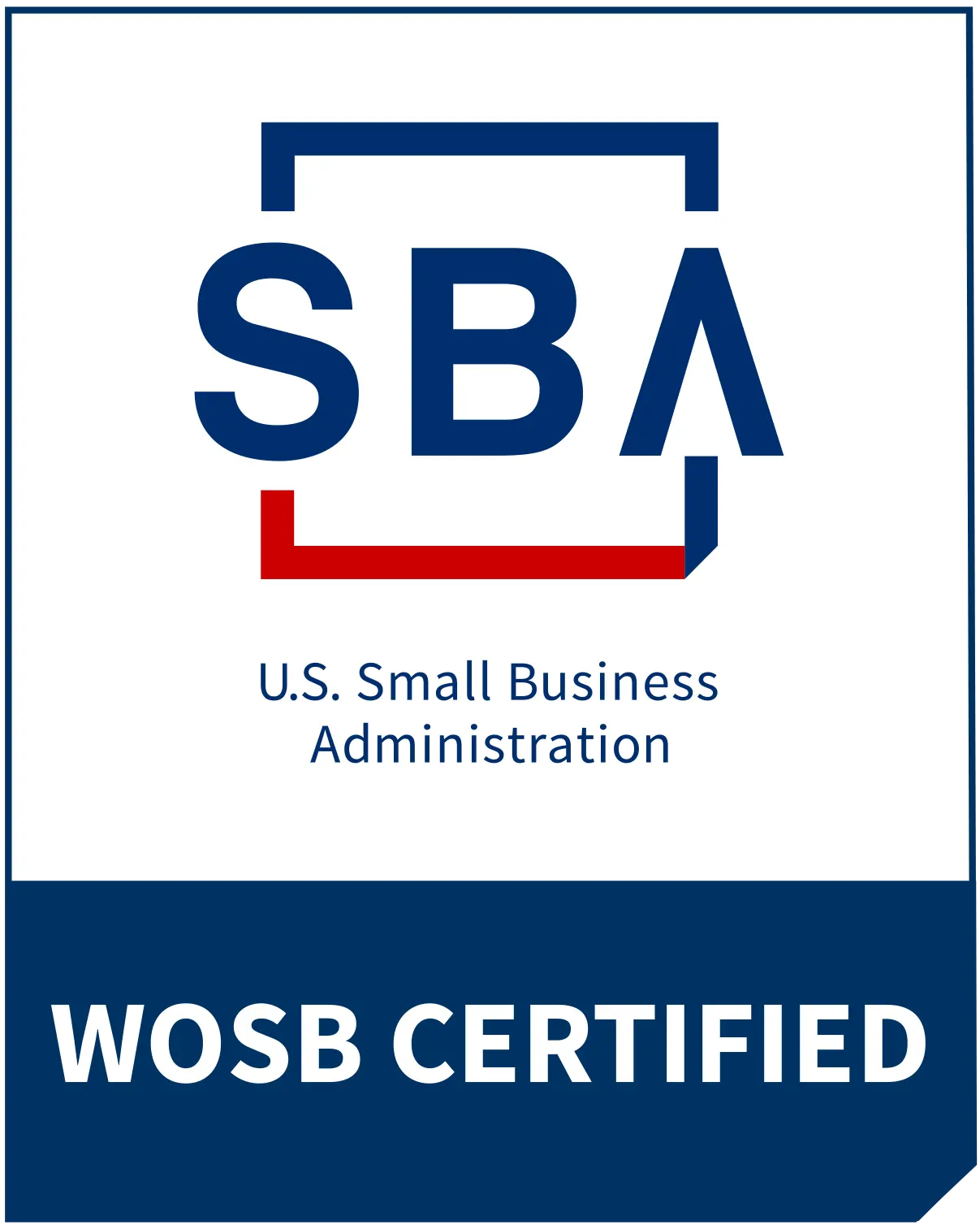Early in her career, Amy Graves moved through a world that wasn’t built with accessibility in mind — and at the time, she didn’t have to think about it either. That changed later in life when a rare neuromuscular disorder shifted how she interacted with her environment, revealing barriers she hadn’t noticed before.
“Impact to me is, you make a positive change on the world around you,” she shared during her episode of the Riveo Impact Lab podcast. For her, that change began with learning to advocate not just for herself — but for millions of others who deserve more than just a seat at the table.
“Impact to me is, you make a positive change on the world around you.”
Today, Amy is a speaker, disability advocate, researcher, and the Director of Accessibility for the California chapter of the National Association of Women Business Owners (NAWBO). She’s also leading the Hidden Consumer Project, a groundbreaking research initiative that explores the power and potential of underserved consumers — including those with disabilities, extreme allergies, and other challenges that significantly influence buying decisions, yet are often overlooked by businesses. Her new book, focused on the food industry, will serve as a valuable resource to help companies place accessibility and inclusivity at the heart of their strategy — with lessons that can apply across sectors.
Her mission is clear: to build workplaces — and communities — where everyone truly belongs. It’s a mission born not from theory, but from lived experience — and from a journey that transformed her professional path and personal purpose alike.
From Corporate Hustle to Culture Shift
Twenty years ago, Amy was thriving in her career in the retail sector, with dreams of one day starting her own business. But it wasn’t until her mobility changed — and she began to see the workplace through a new lens — that her entrepreneurial journey began in earnest.
After being diagnosed with Reflex Sympathetic Dystrophy Syndrome (RSDS), also known as Complex Regional Pain Syndrome (CRPS), Amy’s life changed dramatically. “Every time I went in for a job interview, it was something about my crutches, because I’m disabled, and people were refusing to hire me. So I’m like, ‘Well, if I’m going to start up my own company, now’s the time.’ So I did.”
In theory, the Americans with Disabilities Act (ADA) should protect people with disabilities from employment discrimination. However, other laws sometimes create loopholes that allow employers to avoid hiring qualified disabled candidates. “There’s a loophole in this [Californian] law that allows companies to at least say they’re not going to hire you, because their risk management board feels you’re a threat to the safety of employees around you. So because I use crutches, the “threat” is that people could trip over my crutches. So I am a risk to the company.”
In response to these roadblocks, Amy launched her business on March 3, 2020, which came with new and unexpected challenges.
“I’m a certified business analyst, so I wanted to be the business analyst that helped companies figure out what’s going on inside your company that’s causing you not to grow, and, by going through data and talking about marketing strategies and really determining what your next step is. And Covid hit 11 days later and nobody wanted that. Like I got nothing. It just died.” She explained.
Undeterred, Amy adapted. She pivoted her focus to the digital world we were all suddenly immersed in, and found new relevance in helping clients improve their websites.
“I’ve been able to use my business analyst experience, my previous retail experience, and I help people understand how websites are the foundation of your digital marketing experience and if your website doesn’t create value and engagement with your ideal client, you’re never going to get your website to work for you.”
Accessibility Isn’t Extra — It’s Essential
“Why, as a disabled person, am I constantly being excluded?” Amy asks. “I got involved with NAWBO on the accessibility side because they weren’t including people with disabilities, and that’s where my fight with them right now is. And I’m going to call it a fight because it is.”
““Why, as a disabled person, am I constantly being excluded?””
Today, as NAWBO California’s Director of Accessibility, Amy is helping business owners shift their mindset. Accessibility, she explains, isn’t an afterthought or an extra — it’s foundational.
“Inclusion is the ceiling. You should always reach for, “how high can I go? How many people can I bring in to be involved and be part of it?” Versus, “Oh, they’re disabled. We’ve got ADA. I’m not going to worry about including them because if they can get in the door, who cares?’”
“Inclusion is the ceiling. You should always reach for, ‘how high can I go? How many people can I bring in to be involved and be part of it?'”
She continues, “And that’s what a majority of businesses and a majority of organizations consider accessibility. Just let them in the door. And most of the time, you still can’t get in the door… or the door is like two miles away and you still have to walk an extra two miles.”
Accessibility in the Digital World
When we think about accessibility, it’s important to consider both the physical and digital environments. According to the 2025 WebAIM report— which analyzed the top one million websites — approximately 95% of home pages had detectable Web Content Accessibility Guidelines 2 (WCAG 2) failures. WCAG 2 serves as a checklist for implementing the most common accessibility techniques and principles.
Amy offers one explanation for this alarming statistic, “I really blame that on traditional search engine optimization. Traditional SEO was all about dropping people on a website and not caring about the website, as long as they draw as many people as possible. So almost all websites today are based on the business owner and what they want to see on a website, which does nothing for your business and it does nothing for accessibility.”
Her advice to businesses ready to improve their accessibility is both practical and actionable, “I would say the first two things to do for your website is turn off all animations and get rid of the videos in your banner. Everyone tells me, “But, but, but I love my videos.” It’s okay. You can put them elsewhere, especially if they are on your homepage. Your homepage has to load in a snap of your fingers, or you’re going to lose everybody.”
She adds, “I challenge you to go through and read every word on your homepage in a monotone voice. Do you understand the sentences if you read it in a monotone voice and stop at the punctuation?”
Since screen readers convey content in a flat, emotionless tone, clarity and grammatical precision are essential for accessibility.
Additional recommendations include:
- Add alt text to all digital images
- Check that your text color has enough contrast from the background
- Ensure websites and forms are fully keyboard-navigable
And perhaps most importantly: remember that accessibility is not about achieving perfection — it’s about committing to ongoing progress.
The Hidden Consumer: A Market Businesses Can’t Ignore
Amy’s latest work, the Hidden Consumer Project, shines a spotlight on a staggering reality: the disabled consumer market controls over $500 billion in annual spending in the United States alone.
Yet, marketing and product development rarely consider this audience.
Through national research, interviews, and storytelling, Amy is making a powerful case: designing for accessibility isn’t just the right thing to do — it’s smart business. When websites aren’t screen-reader friendly, or public transportation doesn’t reach grocery stores, disabled individuals are systemically excluded. Amy challenges businesses to go beyond compliance and ask better questions: Is your app accessible? Is your event welcoming? Is your service model truly inclusive?
Her upcoming book, available for preorder now, will dive deeper into this intersection — offering a tangible roadmap for engaging disabled consumers authentically, intentionally, and respectfully. It’s time for companies to stop viewing accessibility as a cost — and start recognizing it as a catalyst for innovation and inclusive growth.
Building a Truly Inclusive Future
Every accessible event you host, every employee you empower, every barrier you dismantle — it all matters. And it all adds up to something greater: a culture where everyone belongs, contributes, and thrives.
Real change doesn’t always come with a headline. Sometimes it’s built quietly — in persistent decisions to do better, to be more inclusive, to open the door a little wider than the day before.
Amy Graves is a force behind that kind of change — bold, resilient, and uncompromising in her vision of a world where accessibility is the rule, not the exception.
The question for all of us is: will we rise to meet that vision?
Love stories of impact? Let’s bring yours to life.
We’re passionate about helping mission-driven organizations share stories that inspire action. If you’re here for the Impact Lab Podcast, you already know the power of storytelling—now see how we can help you tell yours.
Explore our portfolio to see how we craft compelling videos, animation, design, and social content that make a difference.
